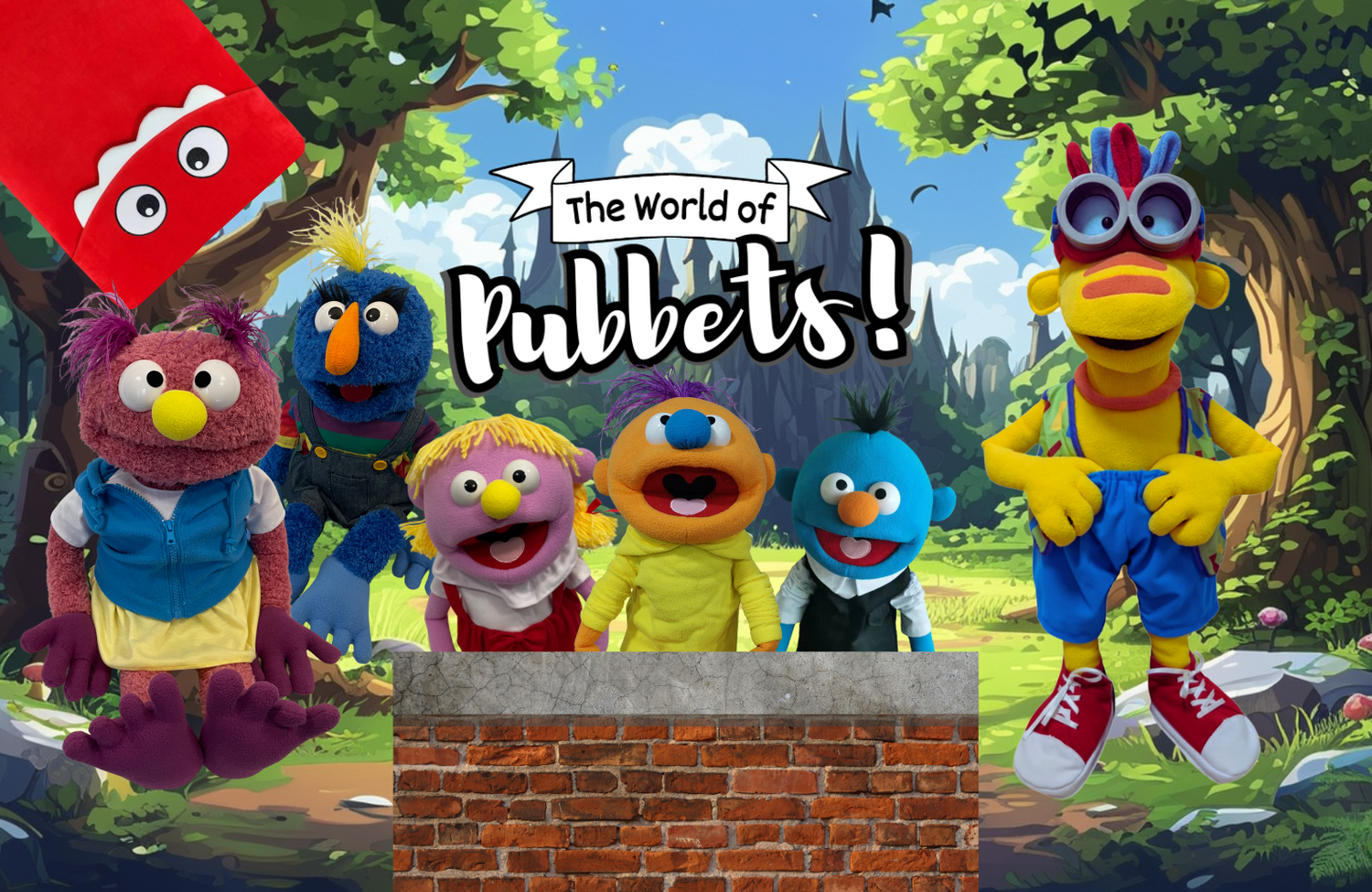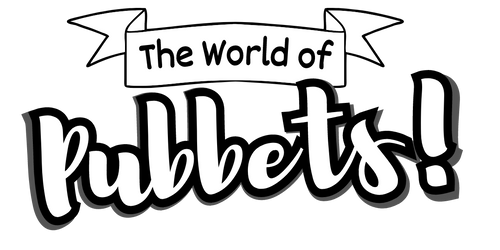As a retired teacher, I've always been drawn to the myriad ways we can help children learn and grow. Recently, I've been delving into the world of neurodivergent therapy, specifically the creative side of things.
As a neurodivergent person who was undiagnosed until (well) into my adult years, I had to find ways to fit in with society and make sense of the world around me.
One of my coping mechanisms was using puppetry as a form of self expression and way to share my unique view of the world and sense of humour. I remember driving my 3 sisters crazy with my constant puppet shows and 'jokes'..!
Recently I found a study that piqued my interest. It's about using comedy and theatre workshops to explore humor with adolescents on the autism spectrum. You might be wondering, "What does this have to do with puppetry?" Well, let's dive in!
The study, titled "Autism and comedy: using theatre workshops to explore humour with adolescents on the spectrum", offers a fresh perspective on autism and humor.
Led by Shaun M. May, the researchers worked with a group of teenagers, some of whom were on the autism spectrum. They discovered that humor can be a powerful tool for self-expression and understanding. Interestingly, they found that the humor of autistic individuals might be different, not deficient, compared to neurotypical individuals. Traits often associated with autism, such as social anxiety, literal thinking, and inflexibility, were found to open up different possibilities of being funny, rather than being barriers to humor.
One of the key takeaways from the study is the idea of "maximisation" rather than "normalisation". This means that instead of trying to make the autistic participants appear "normal", the project aimed to enhance their capabilities as autistic individuals. The researchers argue that being exceptionally "normal" is not necessarily conducive to being exceptionally funny. Instead, the key to finding one's comic voice is to figure out what is unique and interesting about oneself and then work with that.
The study also explored the concept of "awkwardness" in both stand-up and clowning, suggesting that awkward physicality can be an effective comedic tool. For instance, one participant's physicality in a warm-up was noted as having a comedic quality reminiscent of Mr. Bean's dancing. Another participant's material about visiting an art gallery, in which her physicality combined effectively with her material criticizing people who do not respect personal space, was also highlighted.
Now, let's bring puppetry into the mix. Just like comedy, puppetry can provide a platform for self-expression and creativity. Imagine a puppetry workshop where neurodivergent individuals can explore their unique sense of humor and express their individuality. It could be a space where they can be themselves, laugh, and make others laugh too!
And who knows, maybe we'll find that puppetry opens up even more avenues for humor and self-expression. After all, puppets can do things we humans can't, like elongate their neck or pull endless handkerchiefs out of their sleeves. Now, if that's not a recipe for laughter, I don't know what is!
But it's not just about the laughs. It's about understanding and appreciating the unique perspectives that neurodivergent individuals bring to the table. The study emphasizes the importance of seeing autism not as a deficit, but as a difference. It challenges the idea that there's a 'normal' baseline that everyone should strive for. Instead, it celebrates the unique and interesting qualities that each individual possesses.
This is a powerful message that we can all take to heart. Whether it's in a comedy workshop, a puppet show, or just everyday life, it's important to celebrate our unique qualities and perspectives.
And this is where Pubbets comes in. Pubbets is a company that creates hand puppets with a mission to bring joy and learning to children around the world. One of their puppets, Marvin Junior, is a lovable character who can help children explore their creativity and express their unique sense of humor.
Another puppet, Grumplesnoot, is a storytime monster puppet who loves to share stories and spark imagination. With these puppets, children can create their own stories, jokes, and worlds, allowing them to explore their creativity and individuality.
In conclusion, the world of neurodivergent therapy is a fascinating one, full of potential and discovery. Whether it's through comedy workshops, puppetry, or other creative outlets, there's so much we can do to support and celebrate neurodivergent individuals. So let's continue to explore, learn, and most importantly, laugh together. After all, laughter is a universal language that we all share.


